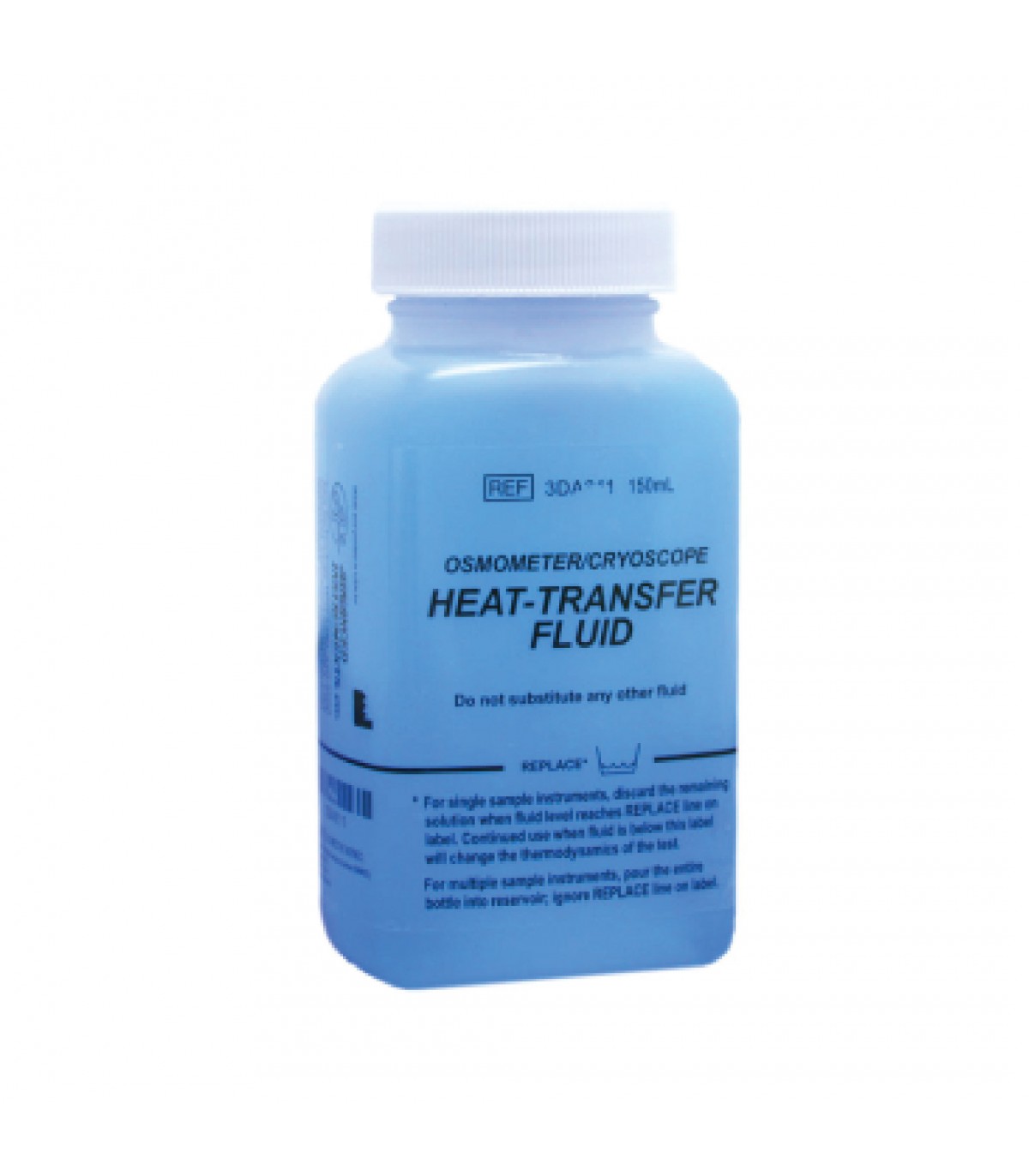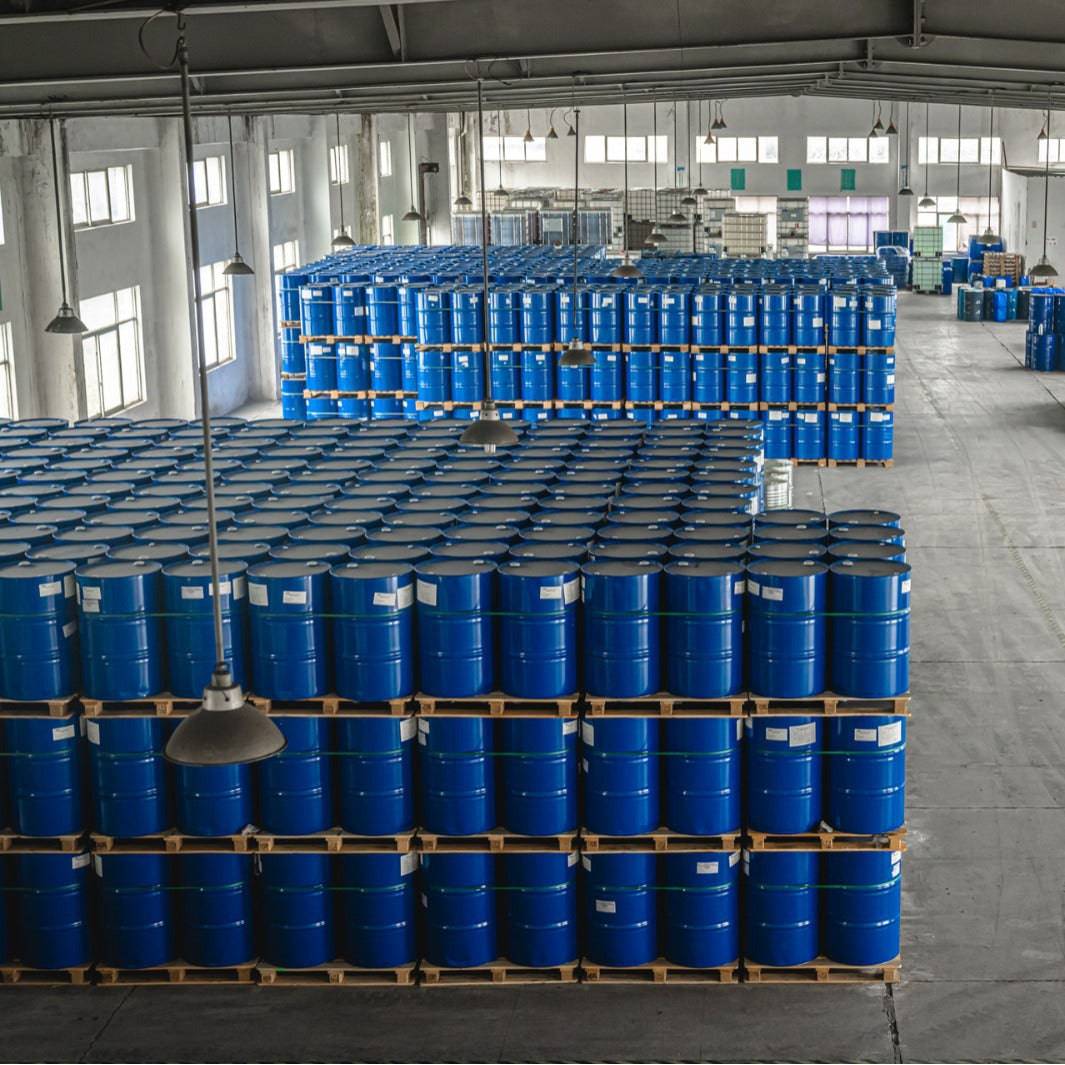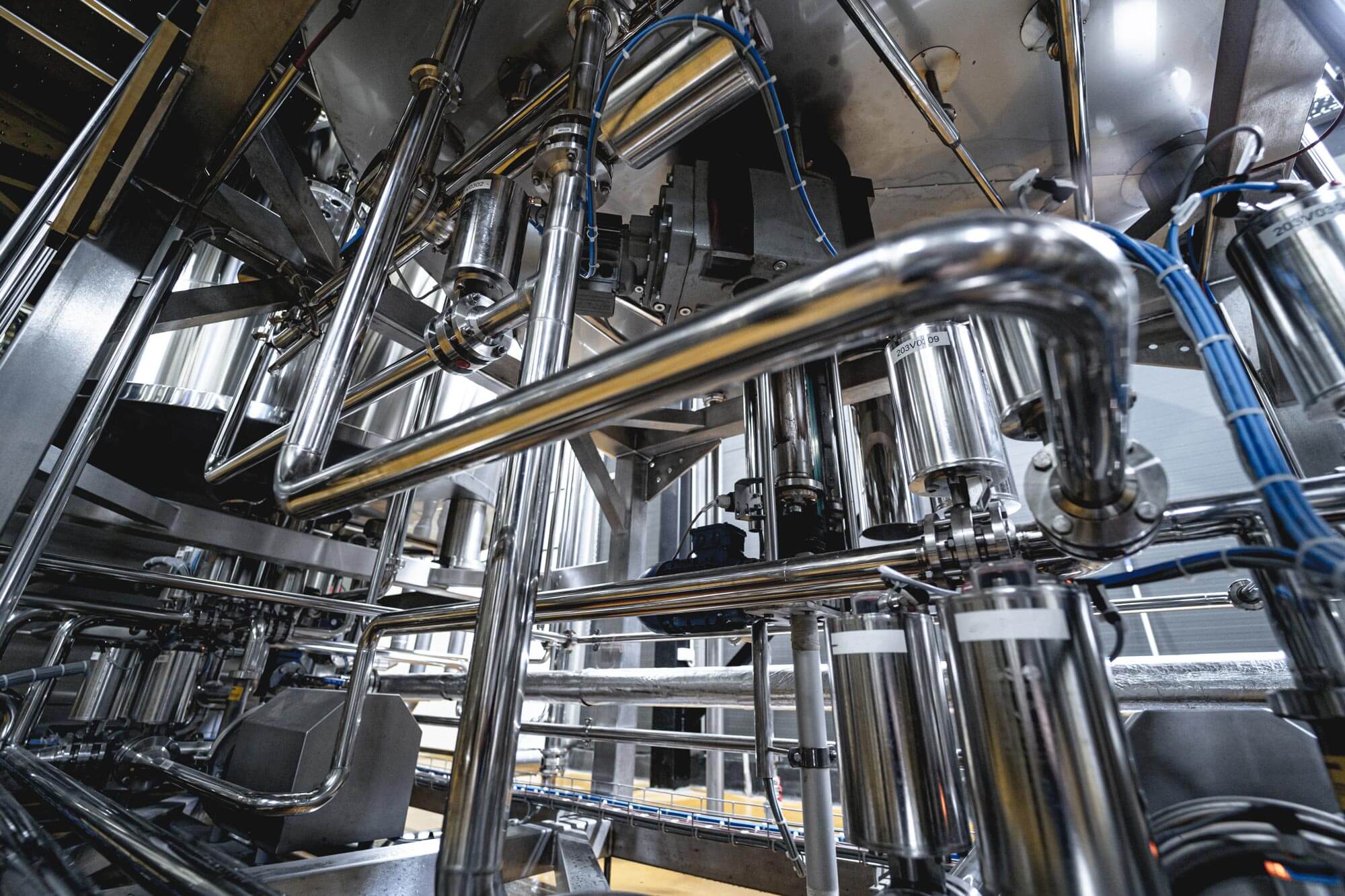Just How to Securely Manage and Deal With Made Use Of Heat Transfer Fluid
Just How to Securely Manage and Deal With Made Use Of Heat Transfer Fluid
Blog Article
How Heat Transfer Fluid Adds To Sustainable and Economical Procedures
In the modern industrial landscape, the duty of warmth transfer liquids (HTFs) in advertising sustainable and cost-effective operations can not be overstated. These liquids are pivotal in enhancing thermal management systems, thereby dramatically improving power performance and reducing operational costs. Furthermore, the environmental benefits of sophisticated HTFs, with their high thermal stability and reduced poisoning, are indisputable. They not just extend system long life yet also add to the decrease of dangerous emissions. The true possibility of HTFs is recognized via the careful option process, making certain compatibility and safety. However what elements should direct this important selection?
Understanding Warmth Transfer Liquids
In the world of thermal monitoring, warmth transfer liquids (HTFs) function as essential representatives for transferring thermal power from one area to an additional. These fluids play a pivotal role in numerous commercial applications, consisting of chemical handling, power generation, and heating and cooling systems. HTFs are especially engineered to operate within a vast array of temperatures, efficiently promoting the transfer of warm while keeping a secure thermal profile. Their capacity to work under severe problems-- whether high temperature levels or cryogenic degrees-- makes them important in atmospheres requiring precise thermal control.
The make-up of heat transfer fluids can vary considerably, including choices such as mineral oils, artificial oils, glycols, and molten salts. Each kind provides unique benefits, such as boosted thermal security, reduced thickness, and high boiling points, which are picked based upon details operational needs. Moreover, the selection of HTF impacts not only the efficiency of warm transfer yet likewise the durability and safety of the system in which it is utilized.
As sectors continue to introduce, the growth of sophisticated HTFs, characterized by their enhanced thermal conductivity and lowered ecological influence, is crucial for fulfilling the needs of modern thermal management obstacles.

Enhancing Energy Efficiency

Improving energy efficiency has actually ended up being a paramount problem throughout numerous industries, motivating a more detailed evaluation of heat transfer fluids' duty in maximizing thermal management systems. These liquids are indispensable to maintaining the preferred temperature in processes, thus lessening power waste and improving overall system effectiveness. By selecting an ideal warmth transfer liquid, markets can considerably enhance their energy performance, leading to reduced energy intake.

Advanced formulas of warm transfer fluids have been developed to endure severe temperature levels while preserving security and performance. Improving power efficiency through ideal warm transfer liquid selection is not just a technical necessity but additionally an ecological imperative.
Reducing Operational Costs
Operational expenses are a substantial factor to consider for sectors seeking to keep competitive benefit, and the choice of warmth transfer fluid plays a vital function in price monitoring. Choosing an appropriate heat transfer liquid can result in significant price financial savings by improving system efficiency and reducing energy intake. High-performance liquids minimize thermal deterioration, which consequently lowers the regularity of fluid replacement and downtime related to upkeep, thus decreasing functional expenses.
Furthermore, warm transfer fluids with exceptional thermal security and deterioration resistance prolong the life expectancy of equipment. This minimizes the requirement for frequent repairs and replacements, which can be expensive and turbulent to operations. By buying top notch liquids, sectors can attain long-lasting decreases in upkeep expenses and improve the integrity of their systems.
Additionally, advanced warmth transfer liquids frequently show reduced thickness at operating temperatures, which enhances pump efficiency and reduces power usage in liquid circulation. Numerous modern heat transfer fluids are crafted to run properly over a wide temperature array, decreasing the need for multiple liquid kinds, thus improving stock demands and minimizing linked expenses.
Ecological Effect Decrease
The push in the direction of lowering ecological influence has acquired energy in sectors leveraging heat transfer liquids. Business are progressively acknowledging the value of reducing eco-friendly footprints by taking on sustainable techniques. Warm transfer fluids (HTFs) play additional resources a vital function in this shift, providing chances to enhance power efficiency and decrease discharges. By choosing HTFs with high thermal security and reduced toxicity, sectors can make certain minimal leakage and destruction, hence decreasing damaging environmental releases.
Furthermore, using advanced heat transfer liquids adds to better system performance, decreasing the total power usage. This decrease not just results in price financial savings but additionally reduces co2 emissions, helping in the fight against environment change. Liquids that are naturally degradable and recyclable even more improve sustainability efforts, as they diminish waste and advertise circular economic situation practices.
Furthermore, including HTFs into closed-loop systems protects against fluid loss and contamination of the surrounding environment. This method makes sure that fluids are recycled, reducing the need for brand-new sources and limiting waste generation. By embracing these ecologically conscious approaches, markets can significantly reduce their eco-friendly effect while keeping high operational effectiveness, straightening with worldwide sustainability objectives and regulative requirements.
Choosing the Right HTF
Picking the ideal heat transfer fluid (HTF) is an essential step in progressing environmental sustainability within industrial processes. The choice of HTF straight affects system performance, energy consumption, and ecological impact. An ideal HTF ought to possess a high thermal capability, low thickness, and high thermal conductivity to guarantee efficient warmth transfer. In addition, its stability over a broad temperature level array Click This Link is important to stop destruction, which can bring about increased discharges and waste.
This makes sure long life and lowers upkeep costs. The fluid needs to be non-toxic and eco-friendly, decreasing Extra resources its environmental footprint and making certain conformity with ecological policies.
Verdict

Report this page